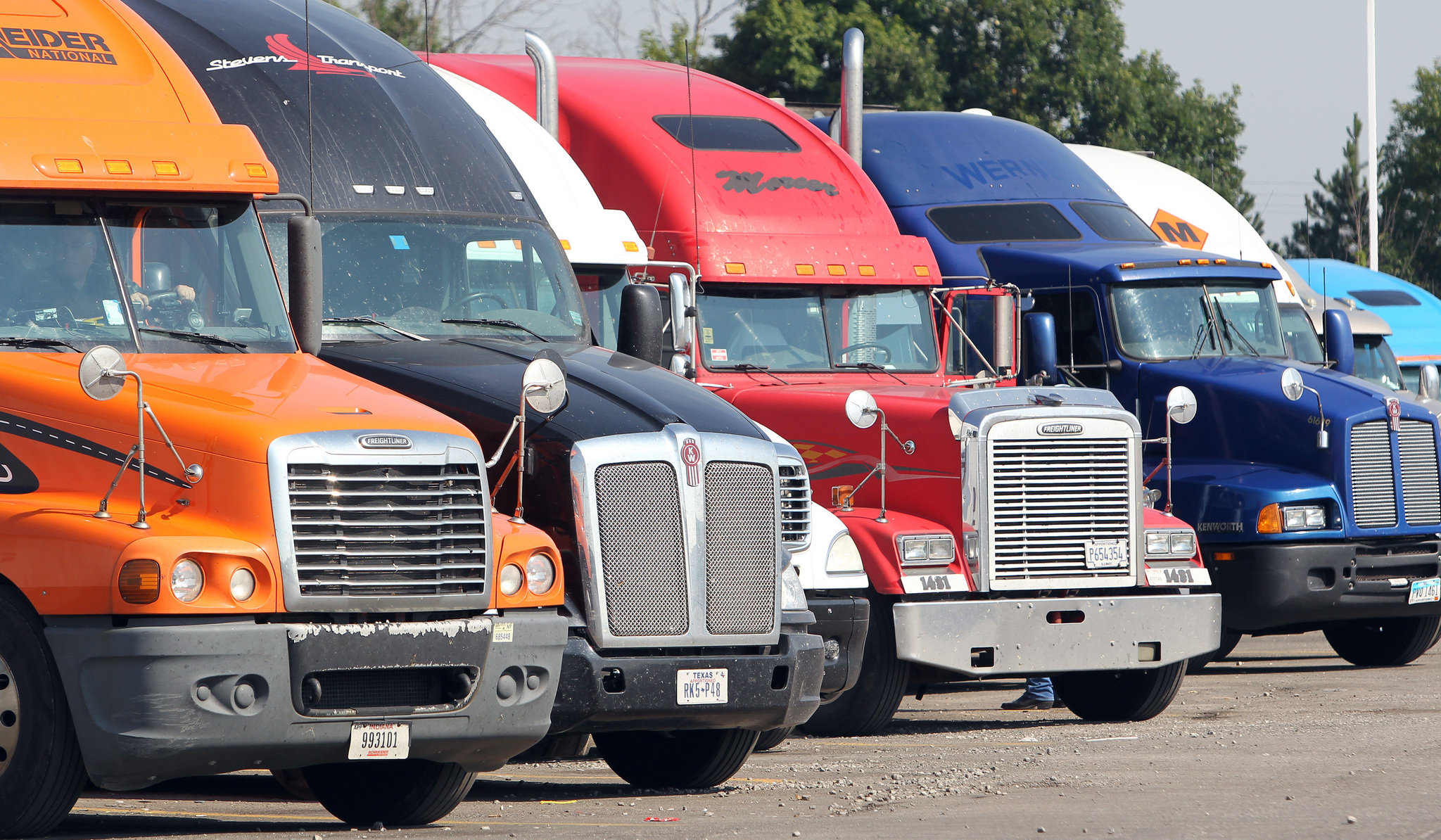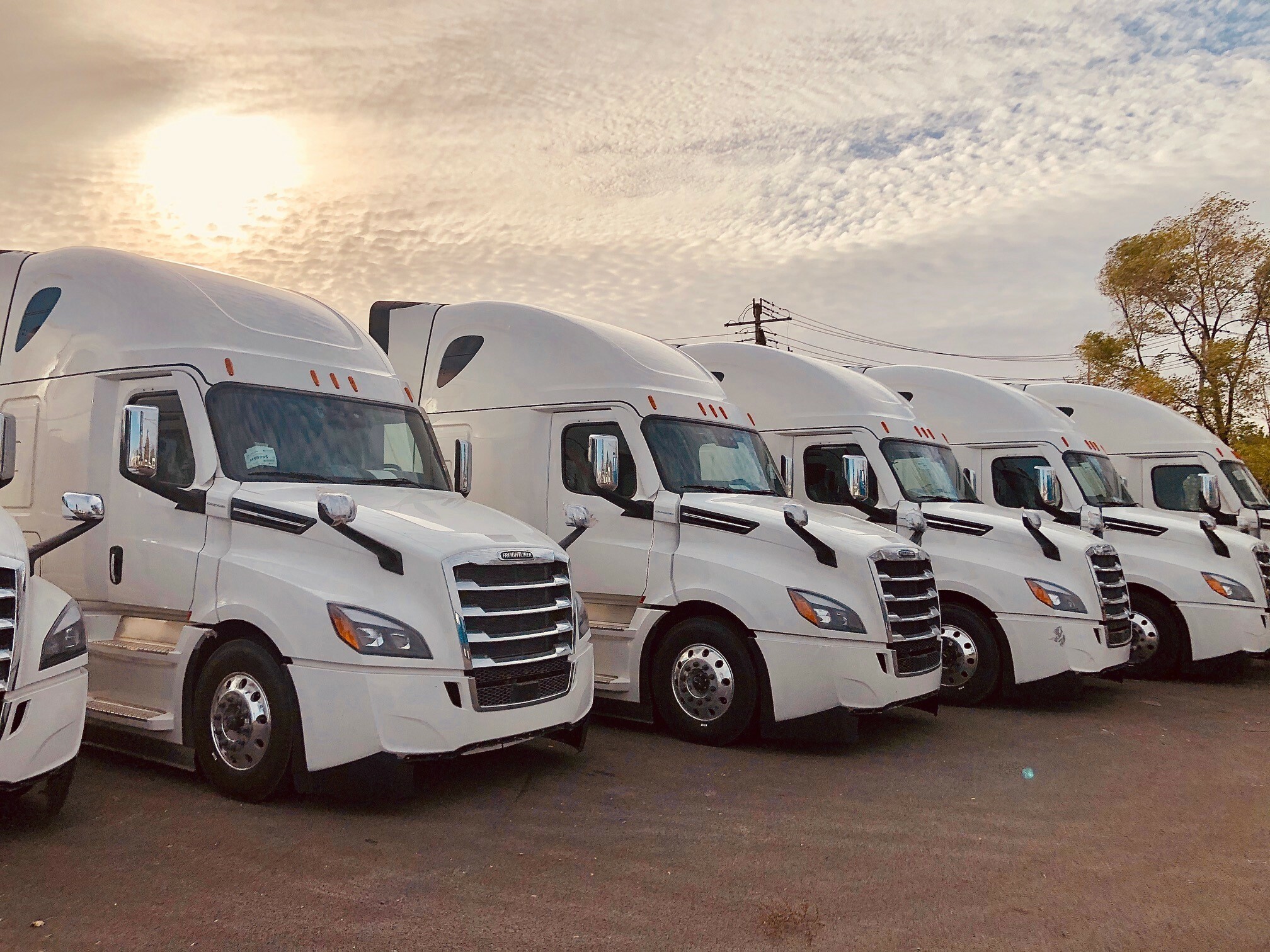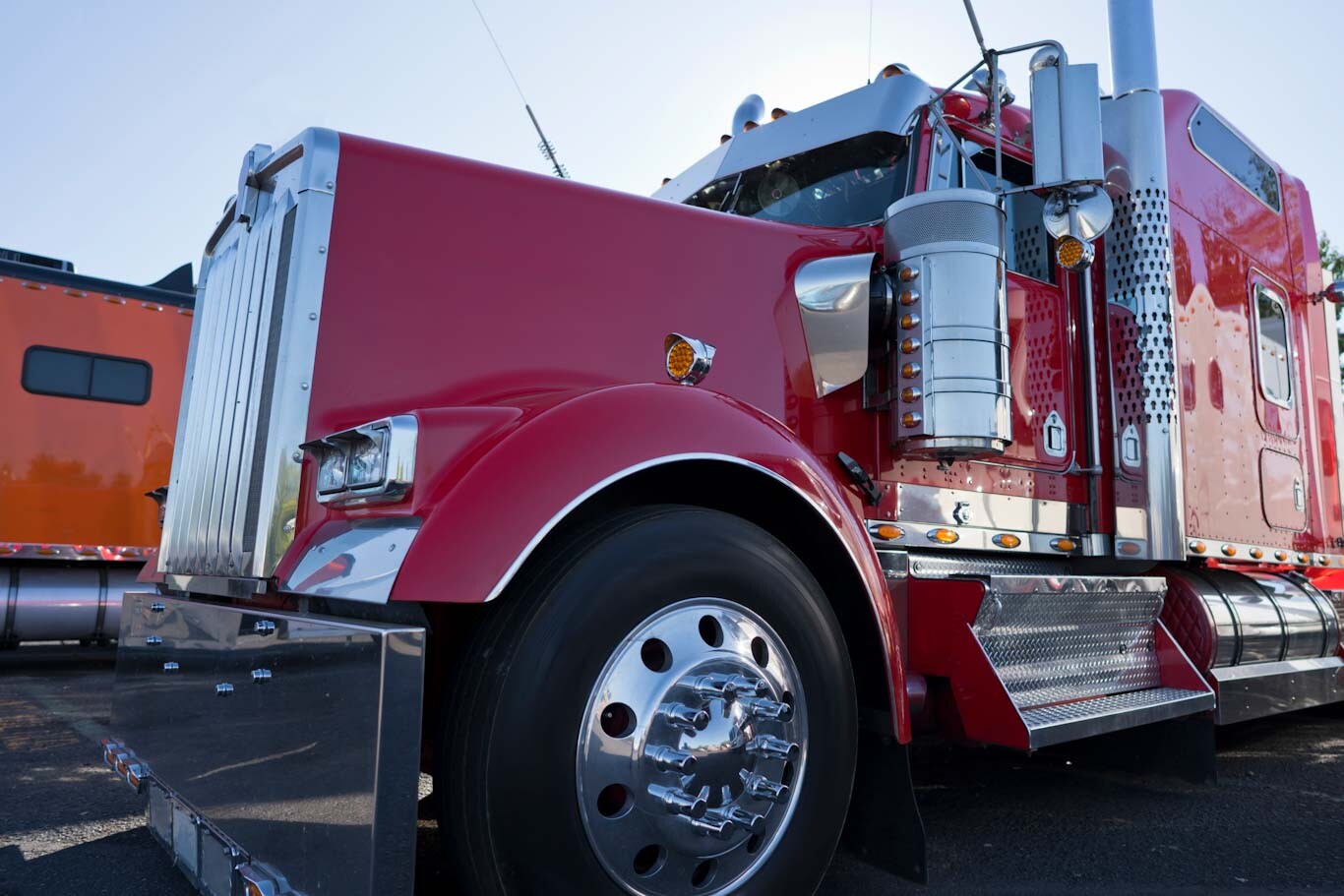Motor carrier, freight forwarder or broker – what is the difference?
Jan 24, 2020 in Insurance 101As every industry, the trucking industry also has its own “language” and terms, which may sound like a gibberish to an outside listener. Of course, they are not gibberish. But if you are new to the trucking industry and especially to trucking insurance industry, you can get pretty confused pretty fast. This is why a bit of clarity is always a good idea. Specifically, when it comes to making the difference between the terms broker, motor carrier and freight forwarder authority. These can get confusing, but you need to know them in order to fully follow the rules if you operate or work under one of these.

What does these terms mean?
Motor carrier
A motor carrier is a person transporting goods or people in exchange for financial compensation, according to the Federal Motor Carrier Safety Administration (FMCSA). The minimum required insurance for motor carriers is the liability insurance. A motor carrier is basically a trucker-for-hire and as such, he or she needs specific types of additional insurance. These types of insurance depend heavily on the types of goods they transport or if they transport people – on the number of people they transport. There are also additional factors that influence choosing the right trucking insurance for a motor carrier.
Freight forwarder
This is a person or a company (organization) that is publicly available for property transportation purposes. There are two additional divisions of the transport here – interstate and intrastate commerce. If the freight forwarder crosses national or state lines in order to make the delivery, this is considered interstate commerce. If the delivery happens within the same state as the origination point and the forwarder doesn’t cross any state or national lines – this is intrastate commerce. Freight forwarders differentiate from motor carriers and brokers by several things. They assume full responsibility for the shipment from start to end, they may assemble or consolidate the shipment in order to make proper delivery. They can also store goods for their customers.

Broker
Brokers are the least involved party in the whole delivery process in comparison to the motor carrier and the freight forwarder. Usually, a broker is a person or an organization that arranges transportation of goods. They do not have or assume responsibility over the goods and they don’t transport it personally. They use motor carrier to do the transportation. Basically, the customer with the goods finds a broker and the broker finds a motor carrier to deliver the said goods. For this, the motor carrier receives compensation, while the broker receives a commission.
Does this mean that different trucking insurance is required?
Well, kind of. As we’ve mentioned previously, motor carriers are required by law (in most states, however) to have at least a liability insurance, in case they injure someone or damage any property during transportation of the goods. However, additional insurance such as physical damage insurance, occupational accident insurance and non-trucking liability insurance are also a perfect way for motor carriers to protect their business. Brokers are not legally required to carry trucking insurance. However, they have the option of purchasing cargo insurance. When it comes to freight forwarders, there are several types of insurance that are required by the FMCSA, including general liability, cargo insurance, surety bond etc.
If you need more information on commercial trucking insurance – feel free to contact us. Our representatives will help you find the right coverage for your needs and will help you save money on your insurance. You can also get a FREE INSURANCE RATES QUOTE right here on our website.



